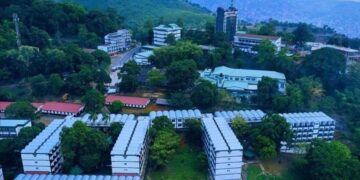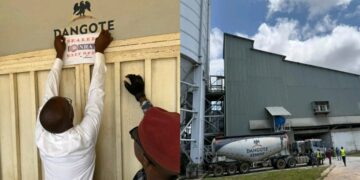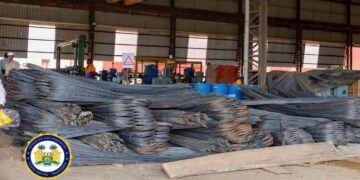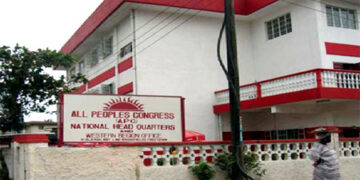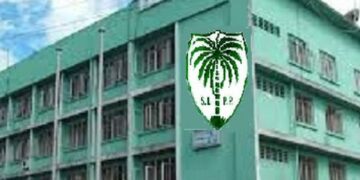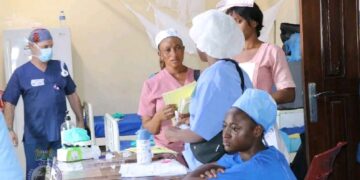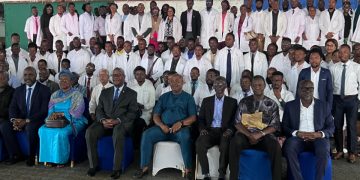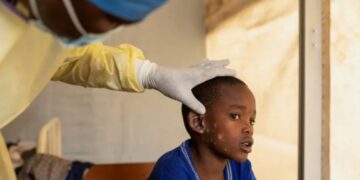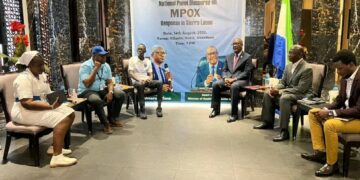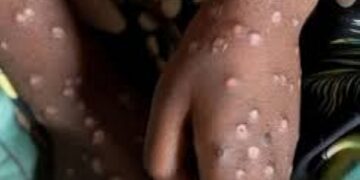A major milestone has been achieved at the Rokupr Research Center in Kambia District, Today – His Excellency President Dr. Julius Maada Bio officially released 30 new improved varieties of maize, rice, and cassava developed by Sierra Leonean researchers. This landmark achievement supports the Government’s Feed Salone Programme, aimed at transforming agriculture and achieving national food self-sufficiency.
The ceremony brought together farmers, researchers, development partners, and community leaders, all commending the government’s investment in agricultural research and innovation.
Among the released varieties are high-yielding rice strains capable of producing 7–8 tons per hectare, a major leap from the national average of 2–3 tons. These varieties were developed by the Sierra Leone Agricultural Research Institute (SLARI) through years of research and field trials, with support from FSRP, SLARiS, MAFS, and international partners.
In his keynote address, President Bio described the release as a scientific breakthrough and a demonstration of his government’s commitment to empowering farmers and strengthening national food systems.
“The release of these new varieties marks a turning point in our Feed Salone vision. Through research and innovation, we are giving farmers access to seeds that will increase yields, enhance resilience, and ensure food security,” he said.
He emphasized that agricultural transformation must be anchored in science and evidence-based practices, stating, “Agriculture is a science.”
Minister of Agriculture and Food Security Dr. Henry Musa Kpaka reaffirmed government’s commitment to getting the improved seeds to farmers nationwide. He highlighted that Pillar Two of Feed Salone focuses on strengthening seed and input systems, the new varieties released would boost productivity, increasing farmer incomes, and reducing food imports.
SLARI Director General Dr. Abdulai Conteh thanked President Bio for revitalizing the institute when it was near collapse. He noted that new donor-funded projects have restored strong research capacity. The new varieties are climate-resilient, pest-tolerant, nutrient-rich, and adaptable across agro-ecological zones.
In honor of the President’s leadership in food security, a new cassava variety was named *“Maada Cassava.”*
President Bio, joined by the Minister of Agriculture and the SLARI Director General, toured the demonstration plots to view the varieties’ performance.
To conclude the day, President Bio opened the state-of-the-art National Seed Testing Laboratory in Mile 91, Tonkolili District, a facility that will create jobs, ensure high-quality seeds, and guarantee better yields for farmers nationwide.
















